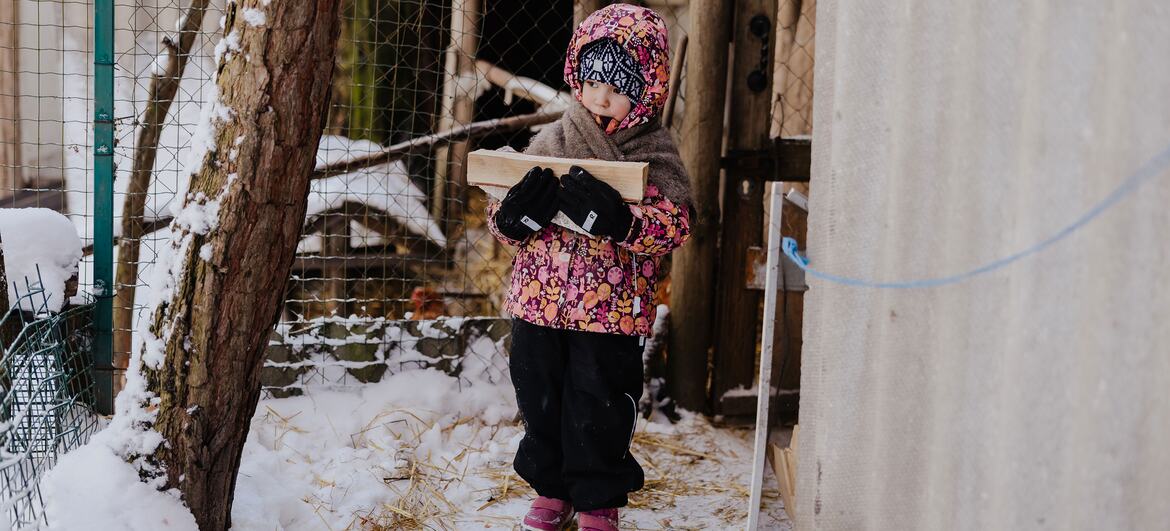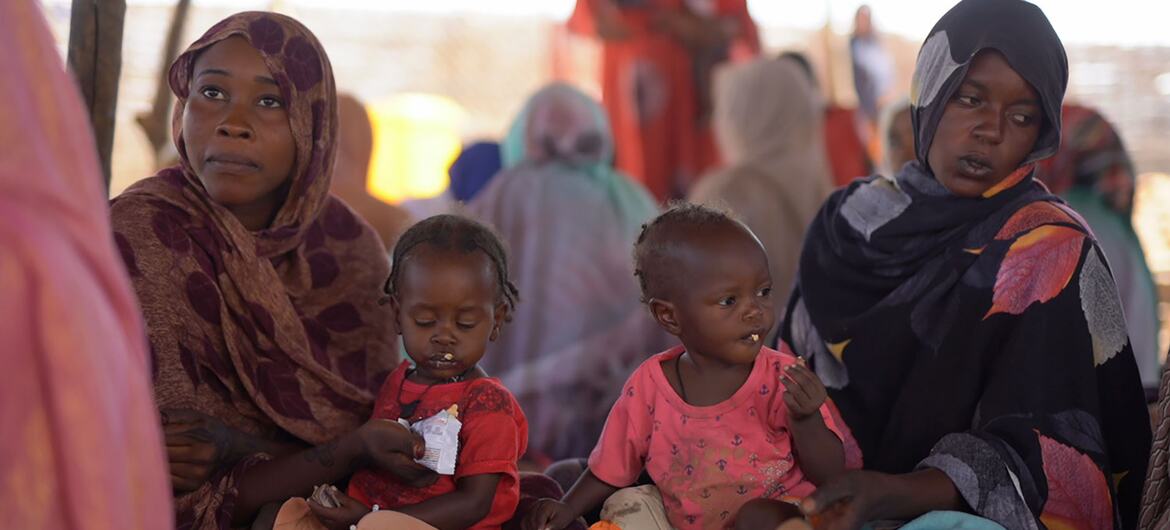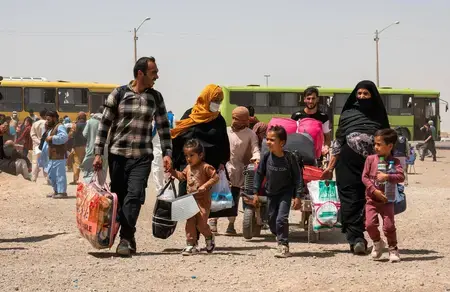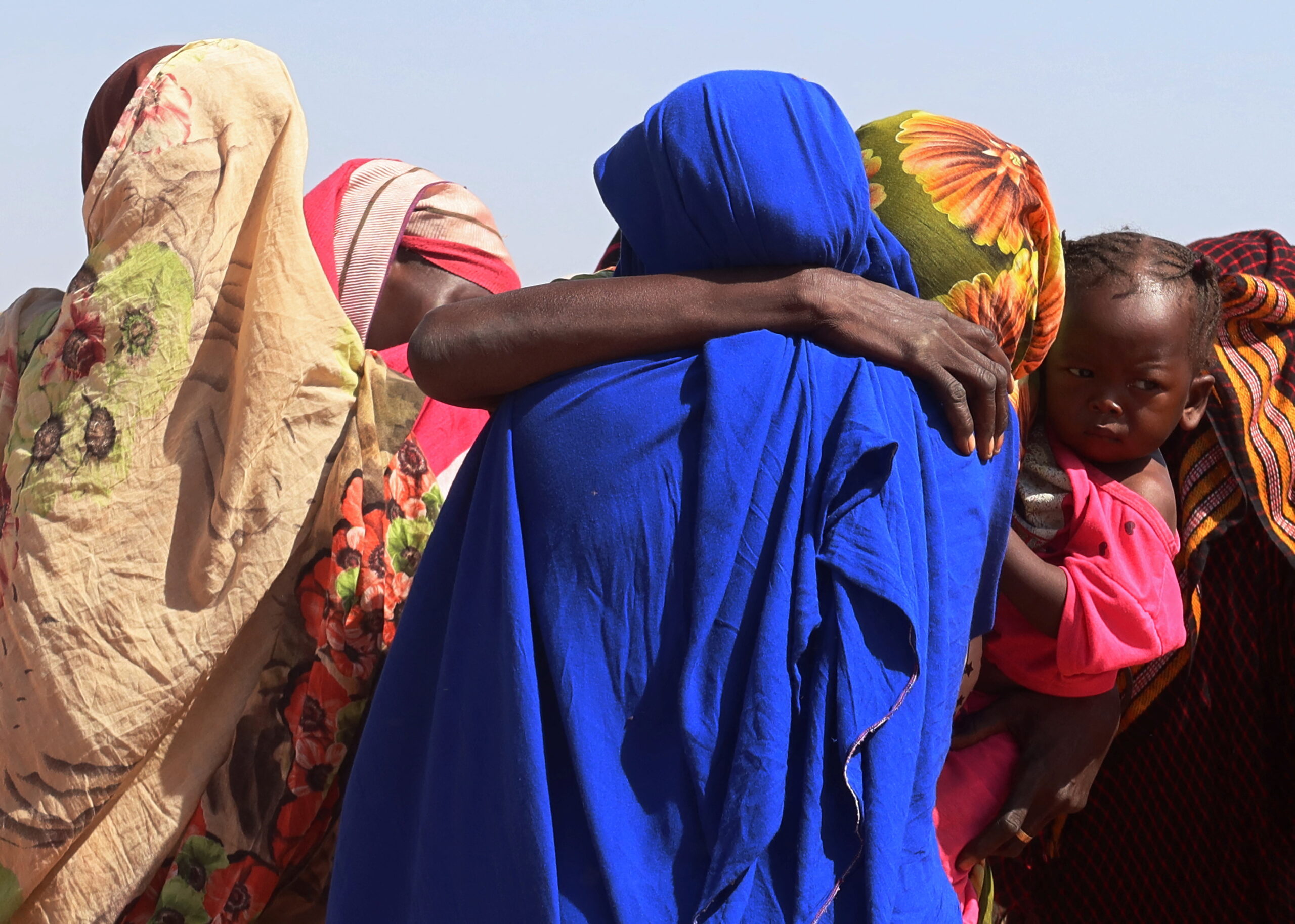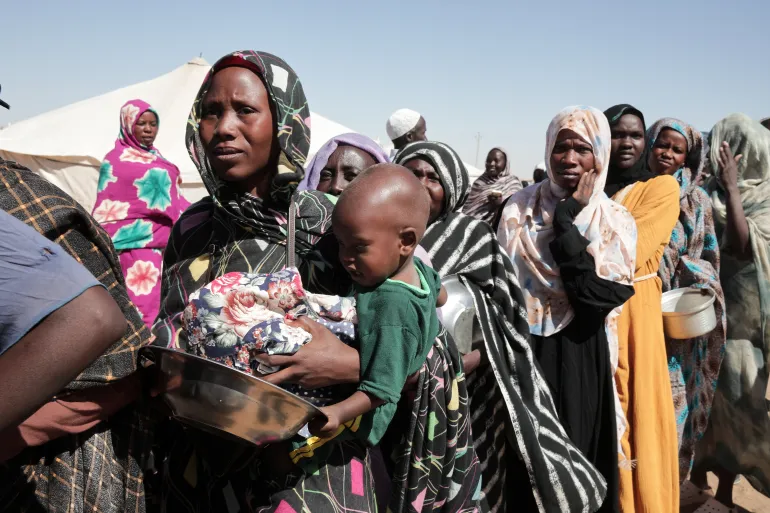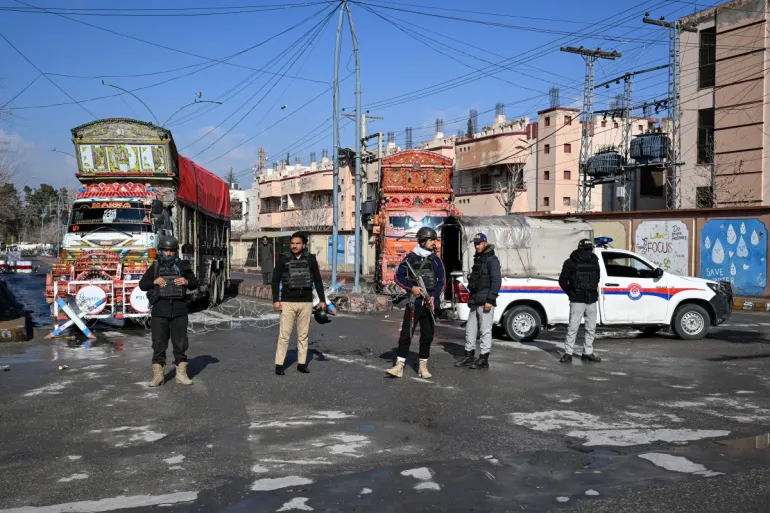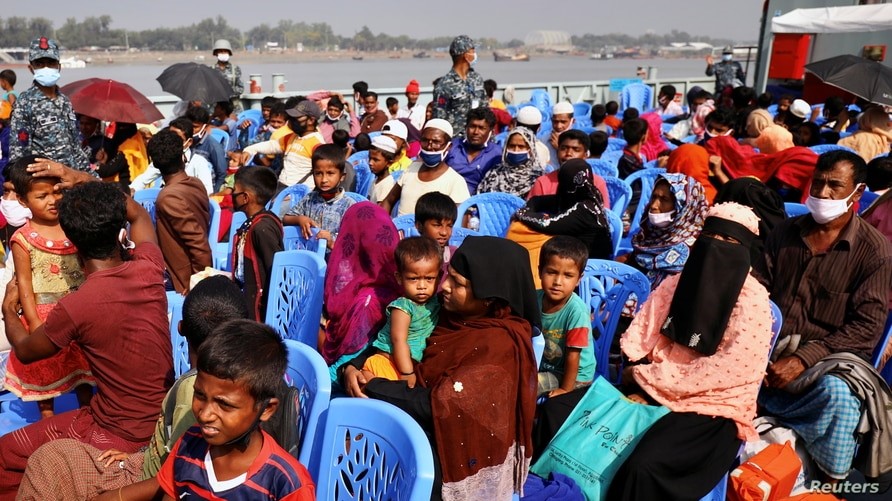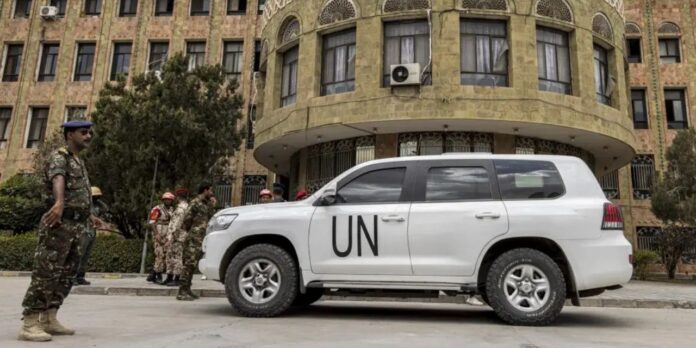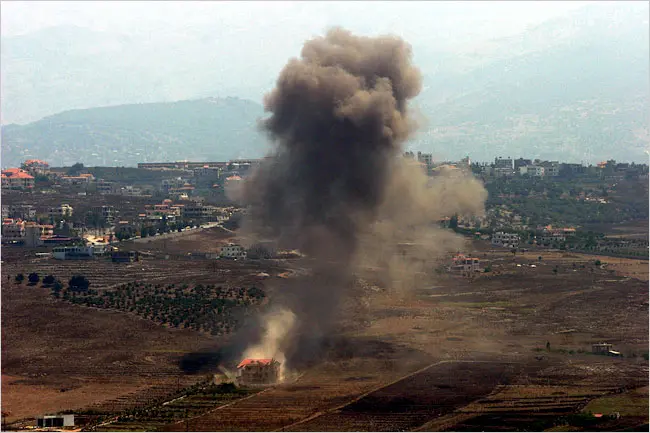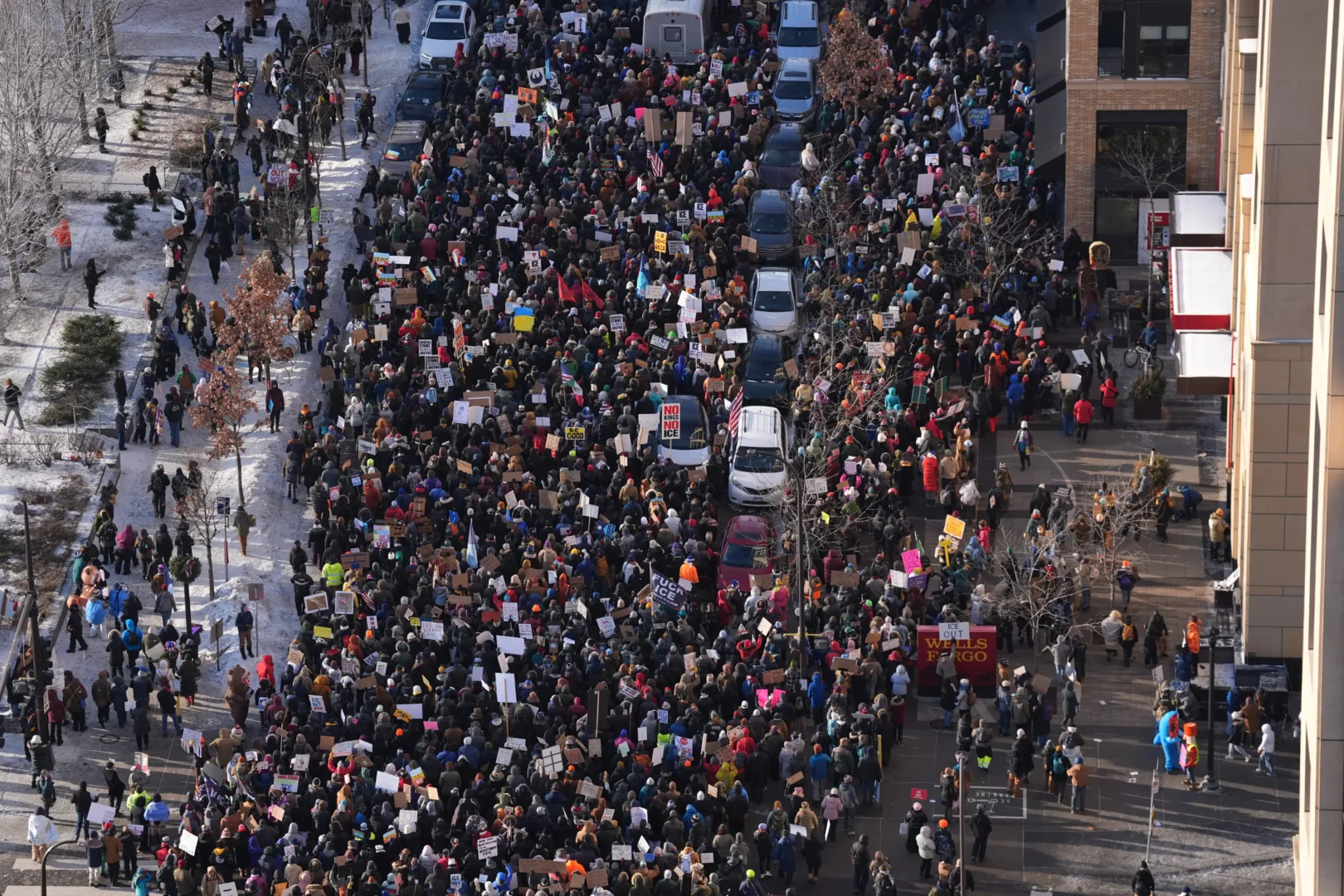Starvation as a Weapon
![Ahmed el-Sheikh Eid, seven, who shows signs of malnutrition, sits in his family tent at a camp for displaced Palestinians in al-Mawasi. [Abdel Kareem Hana/AP Photo]](https://liberties.aljazeera.com/resources/uploads/2025/07/1753349542.webp)
Ahmed el-Sheikh Eid, seven, who shows signs of malnutrition, sits in his family tent at a camp for displaced Palestinians in al-Mawasi. [Abdel Kareem Hana/AP Photo]
Overnight Israeli airstrikes have again battered the Gaza Strip, with one deadly raid hitting a tent sheltering displaced civilians in the Rimal neighbourhood of Gaza City. Three Palestinians were reportedly killed in that strike alone. As the war drags into its tenth month, the devastation is increasingly measured not only in munitions and rubble but in hunger, thirst and despair.
The World Food Programme (WFP) now estimates that one in three Gazans is going entire days without eating. On Wednesday, at least ten Palestinians died of hunger and malnutrition, pushing the number of people officially recorded as having starved to death to 111. But the crisis extends beyond those dying quietly from deprivation. Since the start of the war, 1,060 people have been killed while trying to find food, according to local health authorities. Over 7,200 others have been injured during food runs—often targeted or caught in crossfire as they attempt to reach scarce humanitarian distributions or commercial convoys.
Israeli officials have consistently denied accusations of deliberately restricting aid to inflict suffering, claiming instead that it is Hamas that is looting convoys and exploiting humanitarian routes for military gain. Nonetheless, pressure on Israel is growing. More than 100 aid agencies this week issued an unusually stark joint statement warning of “mass starvation” unless restrictions on humanitarian aid are immediately lifted. They called for a ceasefire and unobstructed delivery of food, water and medicine to Gaza’s civilian population. The Israeli government rejected the appeal, claiming the agencies were “echoing Hamas propaganda” and failing to acknowledge the complexities of delivering aid in a war zone.
The facts on the ground paint a bleak picture. On Wednesday alone, 77 Palestinians were killed in Israeli attacks across the Gaza Strip. Of these, 26 were people reportedly searching for food—including the ten who died from starvation-related causes. Limited humanitarian deliveries continue to trickle in, but at nowhere near the scale needed. Earlier this week, 30 WFP trucks carrying essential supplies were granted clearance to enter Gaza through the Zikim crossing, a recently opened route. Yet as of Thursday, only five trucks had made it through. Aid agencies warn that many convoys are held up by Israeli inspections, bureaucratic hurdles or security concerns.
The international fallout is expanding. Brazil has confirmed it is preparing to join South Africa’s genocide case against Israel at the International Court of Justice (ICJ). The case accuses Israel of committing acts intended to destroy Palestinians in Gaza, in violation of the Genocide Convention. Israel has rejected the charges as baseless and politically motivated, claiming that it is acting in self-defence following Hamas’s October 7th attacks.
In Britain, Scotland’s former First Minister, Humza Yousaf, and his wife, Dundee councillor Nadia El-Nakla, released a video message condemning the humanitarian blockade. El-Nakla, whose family was trapped in Gaza earlier in the conflict, said the starvation crisis is not a byproduct of war but a deliberate strategy. “Starvation is being used as a weapon,” she said. The couple called for renewed international resolve to pressure Israel to allow unfettered humanitarian access to Gaza.
As the war continues with no end in sight, and diplomatic efforts remain stalled, Gaza’s civilians are bearing the brunt of a conflict that has moved far beyond military targets. With each passing day, more Gazans are killed not by bombs or bullets, but by the slow, preventable death of hunger.
Al Jazeera/Agencies.


